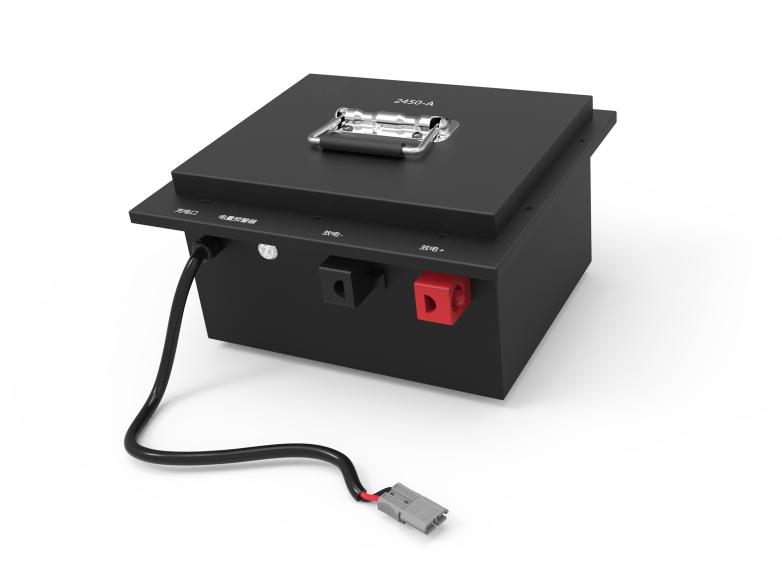- 22
- Nov
Do not charge lithium batteries in ultra-low temperatures
Don’t charge in low temperature
In winter, electric car users have obvious feelings that the battery life is shortened! Why is this?
For lithium batteries, there is no clear theory to support the internal resistance, discharge platform, life and capacity of lithium batteries at different temperatures. Related calculation formulas and mathematical models are still in the exploratory stage. Generally speaking, lithium batteries are not sensitive to temperatures in the range of 0-40°C, but beyond this range, their life and capacity will decrease.
Since the high mobility and consistency of lithium batteries are also a big problem, the specific content cannot be determined. Even the same batch of products, the same data, and the same process have very different functions.
After many tests, the low temperature performance of lithium batteries under different data is also different. Now the hottest lithium iron phosphate has the lowest low temperature function. The release capacity of our products at -10°C is 89% of the maximum release capacity, which should be relatively high in the industry. At 55°C, the discharge capacity can reach 95%, and the attenuation is still very small at lower temperatures. This is still the product to be tested. You know, its quality is much higher than ordinary products on the assembly line.

In contrast, lithium manganese, lithium cobalt and ternary products have better low temperature functions, but they also have limitations. The sacrifice is high-temperature functionality. At present, the safety function of industrial blown lithium iron phosphate is relatively high, and the high temperature function is also relatively good. In fact, the activity of the battery is not as high as the above three types, and it is relatively safe. The overall function is still not as good as manganese, lithium or ternary.
Therefore, some people complain that lithium batteries cannot be charged in winter. Part of the reason they use battery management is that the product is protected. The service life of lithium batteries in winter will definitely be shorter than in summer. Here to remind everyone that it is best not to charge lithium batteries in winter. Due to the low temperature, lithium ions will crystallize on the negative electrode, pass directly through the gap, and generally form a small short circuit, which affects the service life and function, and may burst in serious cases!
